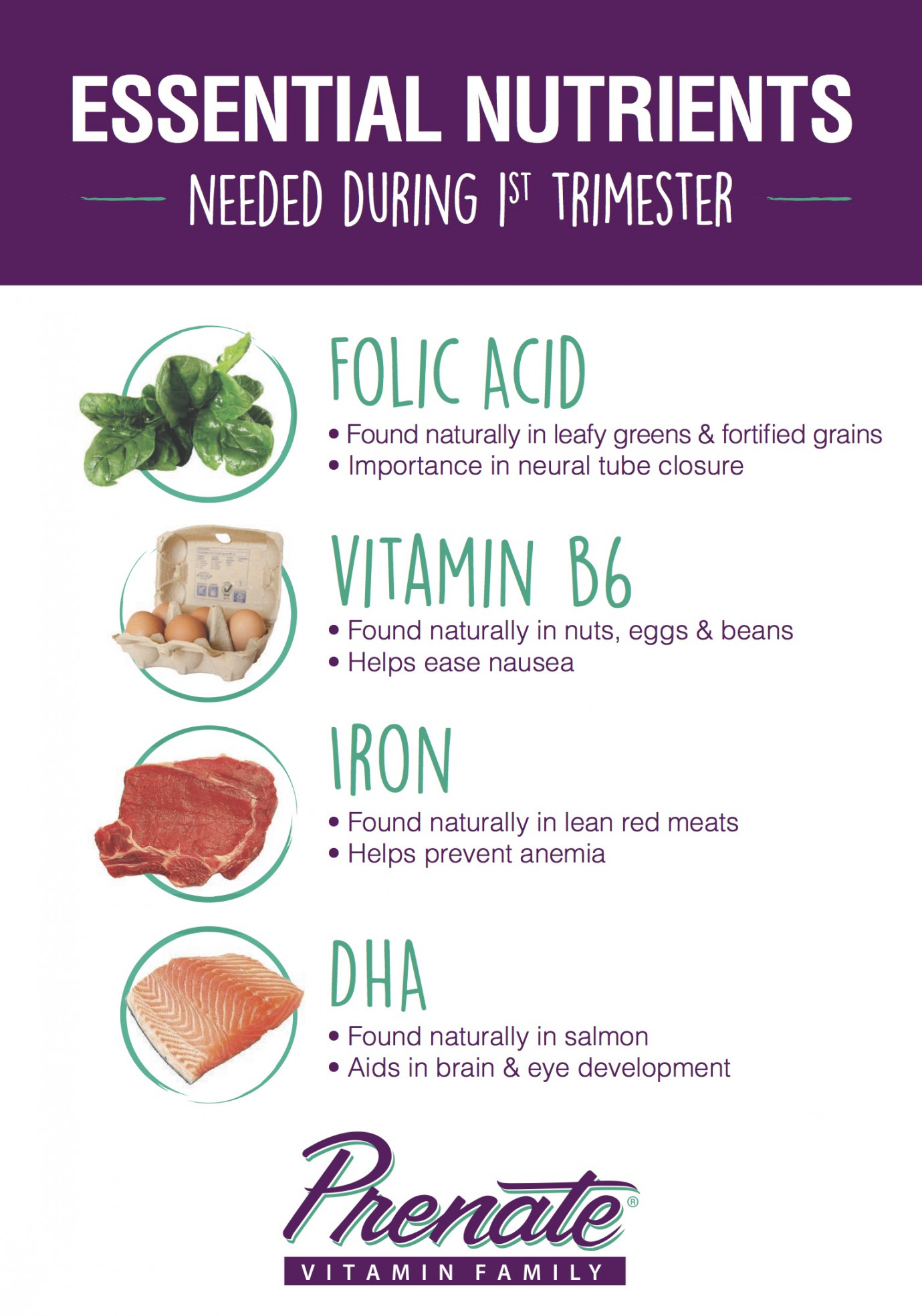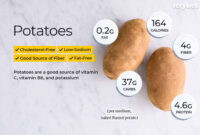Pregnancy is a crucial period in a woman’s life, and ensuring proper nutrition is essential for the health and well-being of both the mother and the developing baby. The food choices made during pregnancy play a vital role in providing the necessary nutrients for fetal growth and development, as well as maintaining the mother’s health.
A balanced diet during pregnancy is crucial as it provides the necessary nutrients needed for the baby’s growth and development. This includes macronutrients such as carbohydrates, proteins, and fats, as well as micronutrients like vitamins and minerals.
Carbohydrates are the primary source of energy, providing fuel for both the mother and the growing fetus. Whole grains, fruits, and vegetables are excellent sources of complex carbohydrates that release energy slowly, ensuring a steady supply of nutrients.
Proteins are essential for the development of the baby’s organs, muscles, and tissues. Lean meats, poultry, fish, legumes, and dairy products are excellent sources of high-quality protein that should be included in the diet.

Fats, especially omega-3 fatty acids, are crucial for the development of the baby’s brain and eyes. Sources of healthy fats include avocados, nuts, seeds, and fatty fish like salmon.
In addition to macronutrients, adequate intake of vitamins and minerals is vital during pregnancy. Folic acid, for example, helps prevent neural tube defects and is found in foods like leafy greens, citrus fruits, and fortified cereals. Iron is necessary for the production of red blood cells and can be obtained from lean meats, beans, and fortified grains.
Supporting Proper Growth and Development
Nutrition plays a significant role in supporting the proper growth and development of the baby. The nutrients obtained from the mother’s diet are used to build the baby’s organs, bones, muscles, and tissues.
Calcium is crucial for the development of the baby’s bones and teeth. Dairy products, fortified plant-based milk, and leafy greens are excellent sources of calcium that should be included in the diet.
Vitamin D is essential for the absorption of calcium and plays a crucial role in bone development. Sun exposure and fortified foods like milk and cereals are good sources of vitamin D.
Omega-3 fatty acids, as mentioned earlier, are important for brain and eye development. Including sources like fatty fish, chia seeds, and walnuts in the diet can help ensure an adequate intake of these essential fatty acids.
Proper nutrition during pregnancy also reduces the risk of complications such as gestational diabetes and preeclampsia. A well-balanced diet can help regulate blood sugar levels and maintain healthy blood pressure, benefiting both the mother and the baby.
Maintaining the Mother’s Health
Proper nutrition during pregnancy is not only essential for the baby’s development but also for maintaining the mother’s health. Pregnancy can put additional strain on the mother’s body, and proper nutrition helps support her overall well-being.
Adequate intake of nutrients helps prevent pregnancy-related issues such as anemia, fatigue, and constipation. Fiber-rich foods like whole grains, fruits, and vegetables can help prevent constipation, while iron-rich foods can help prevent anemia.
Protein-rich foods provide the necessary amino acids for the mother’s body to function optimally. They also help in repairing tissues and supporting the immune system.
Furthermore, proper nutrition during pregnancy can help control weight gain and reduce the risk of excessive weight gain. This can result in a healthier pregnancy and easier postpartum weight loss.
Conclusion
In conclusion, nutrition plays a vital role during pregnancy for both the mother and the baby. A well-balanced diet that includes a variety of foods from different food groups ensures the intake of necessary nutrients for proper growth and development. It is crucial to consult with a healthcare professional or registered dietitian to ensure that dietary needs are met during this important period. By prioritizing nutrition, mothers can help pave the way for a healthy pregnancy and the best possible start for their babies.


